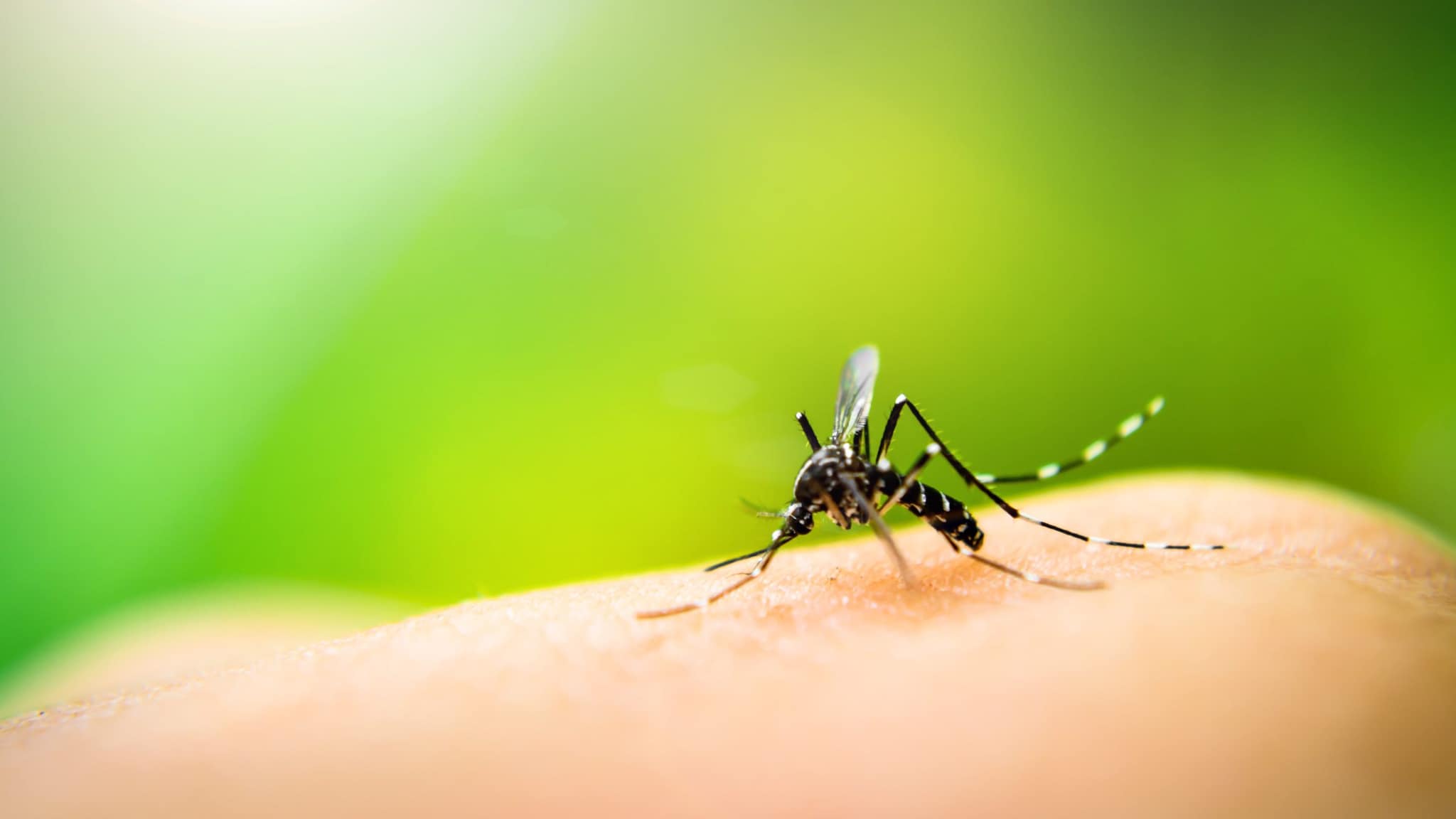At a glance
West Nile virus is most commonly spread by the bite of an infected mosquito. A mother infected with West Nile virus can continue to breastfeed her infant.

West Nile virus
West Nile virus is the leading cause of mosquito-borne disease in the continental United States. It is most commonly spread to people by the bite of an infected mosquito.
Most people with West Nile virus do not develop any symptoms. There are no vaccines to prevent or medications to treat West Nile Virus in people.
Women with West Nile virus can breastfeed
Scientists have found no evidence that a mother's West Nile virus infection harms her breastfeeding infant. Women with West Nile virus can continue breastfeeding. The benefits of breastfeeding are thought to outweigh the theoretical risk of harm to the infant.
Four cases of West Nile virus transmission through breastfeeding have been documented: one in 2002 and three in 2003. None of those cases resulted in recognizable illness in the infant.
